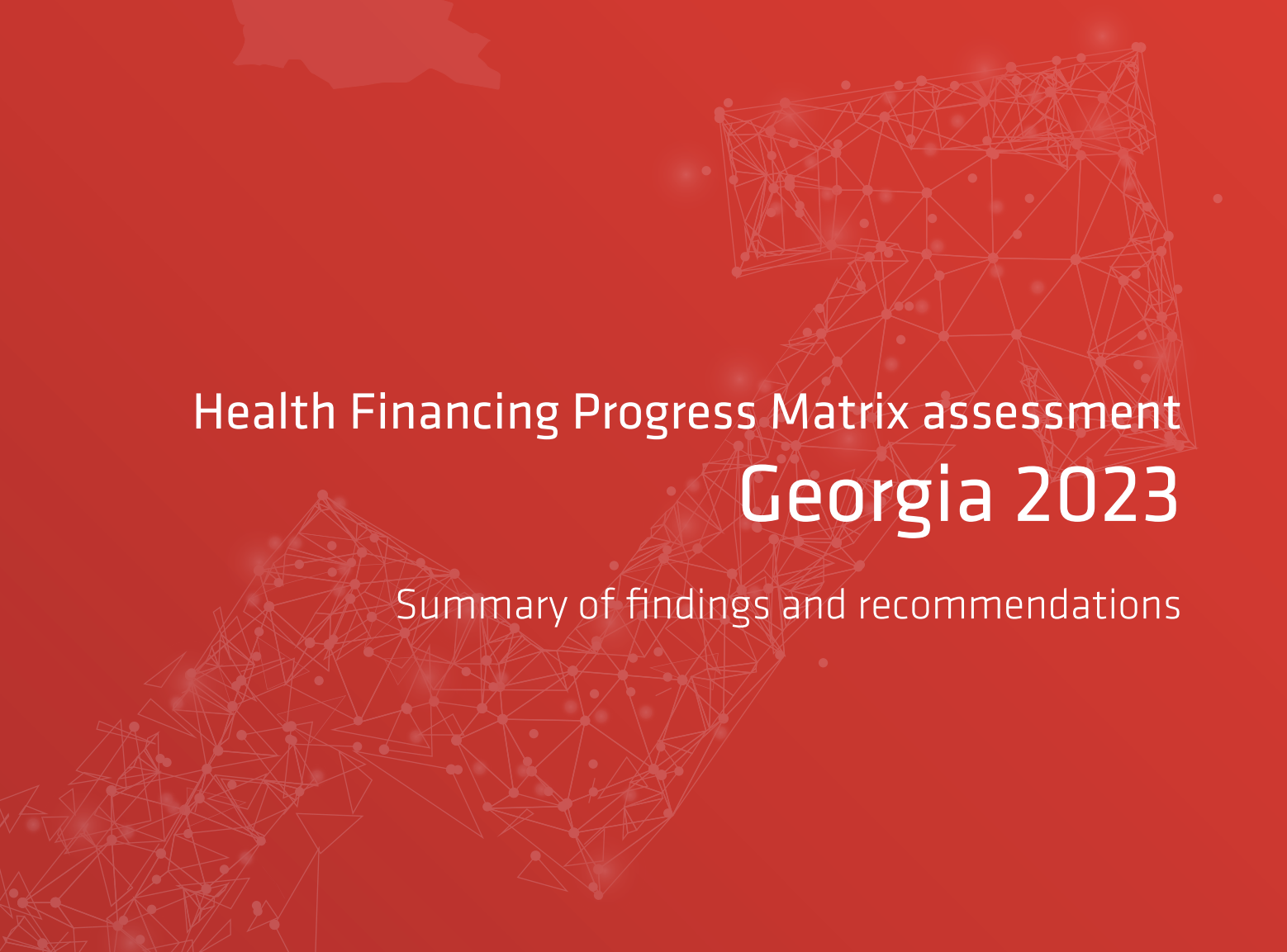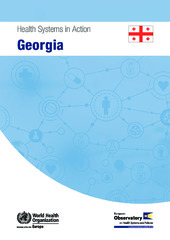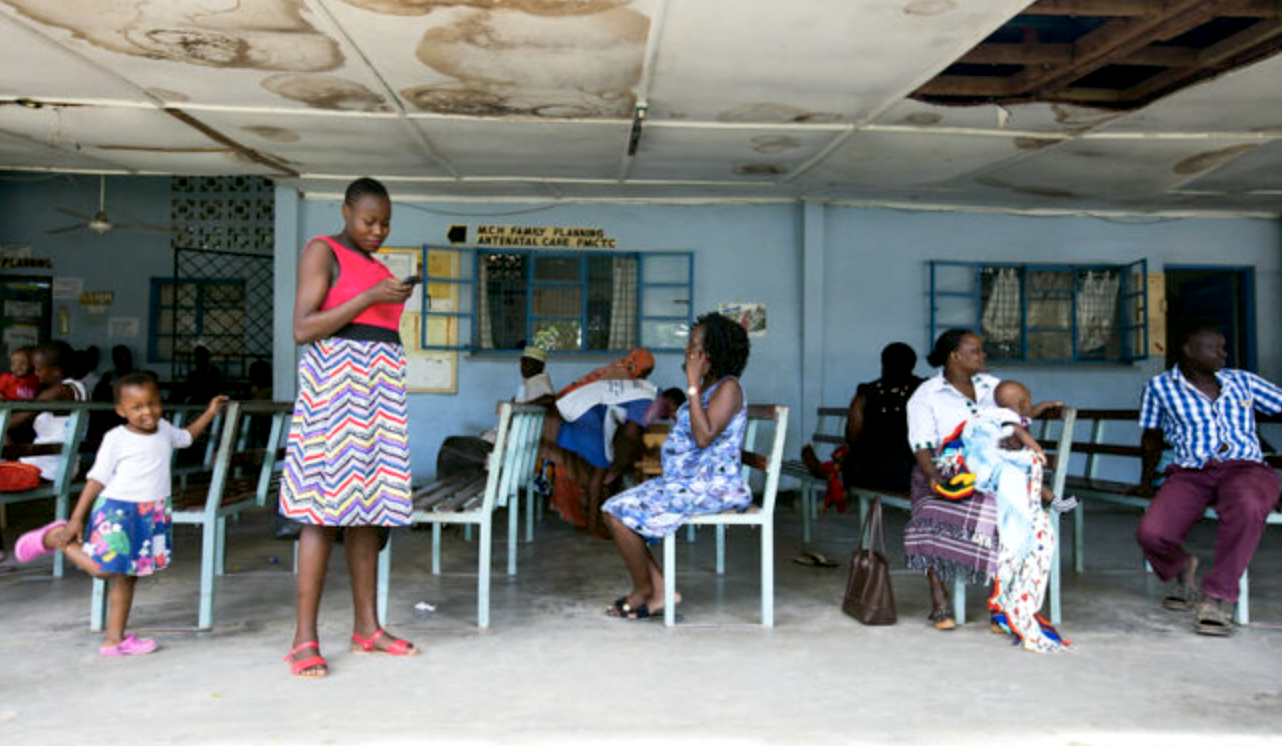Gender budgeting involves incorporating gender equality considerations into a country’s budget process and reallocating budgetary resources to facilitate gender mainstreaming in all areas or sectors. Authors concluded that the state budget programs of Georgia do not disclose gender sensitivity. Most programs and sub-programmes are not gender sensitive, several programs differ in their gender relevance. Gender aspects must be taken into account when budgeting for health sector and social protection programs.
A recent publication in the European Science Review, available here, sheds light on gender sensitivity in budgeting for health care and social protection state programs in Georgia. The topic of the publication is: “Gender budgeting in the field of Georgian health and social protection: analysis and evaluation”. Authored by M. Vanishvili, N. Kokashvili, and M. Sosanidze, each of whom holds a PhD degree in economics and represents a university in Georgia, the article raises an important topic for the post-Soviet countries, and conclusions made in this publication for Georgia, could be extrapolated to other post-Soviet countries.
Abstract:
Based on the latest literary sources and rich factual material, the scientific article consistently discusses topical issues of financial theory and practice, gender budgeting in the healthcare and social protection of Georgia. It has been established that the spheres of health care and social orientation have a high gender significance. At the same time, the study shows that the state budget programs of Georgia do not contain gender sensitivity. It is substantiated that the goals set in the health and social protection programs of the state budget of Georgia, and the indicators of intermediate and final results require more specification in accordance with the principles of the program budgeting methodology in general, as well as taking into account additional gender aspects.
In the introduction, the authors substantiated the importance of gender aspects in planning social protection and health care services and budgets. In the Materials and Methods, the authors listed the known methods to assess gender-sensitivity in the social sector and in the health sector, however it is unclear, which of the mentioned methods was utilized for the analysis. Results and discussion section gives a rich understanding of gender-related current situation and indicators from Georgia. For example,
- life expectancy at birth (2021) was 71.4 years for both sexes; 75.4 for women and 67.5 for men;
- the share of economically active population (2021) was at 56% for women, which is significantly lower than the 74% figure for men;
- the average salary of both sexes (2020) was 1191.0 lari, and for men it is on average 1.5 times higher than for women: 1.407.7 lari for men and 952.2 lari for women, respectively;
- the total number of pension and social package recipients (2021) was 971.648, of whom 65% were women and 35% men.
- 588.551 patients and 685.182 cases of illness were registered as beneficiaries of the universal health program (2019). Although the number of female and male patients eligible for the program is roughly evenly distributed, during this period, the amount reimbursed per unit in the case of men is approximately 8–9% higher than the amount reimbursed for women.
Authors reminded that when planning and budgeting government programs, it is necessary to take into account the current situation and current gender needs, as well as analysis of international experience and research for the implementation of effective and adapted policies for relevant population groups. The conclusion was made that analyzed state budget programs in Georgia are not gender-sensitive. The suggestion was: “the goals, milestones and outcomes set in the program need to be more specific, both in accordance with the principles of the program budgeting methodology in general, and taking into account additional gender aspects”.





